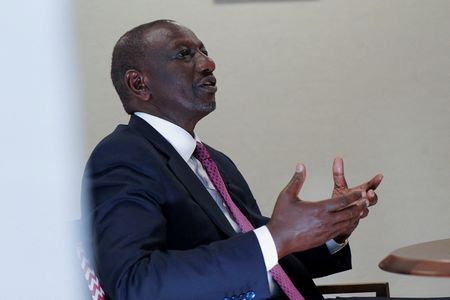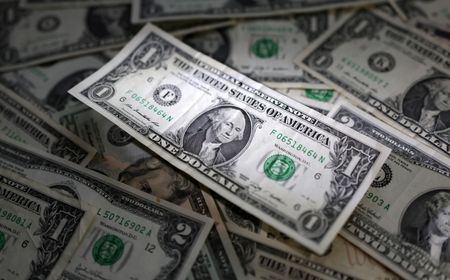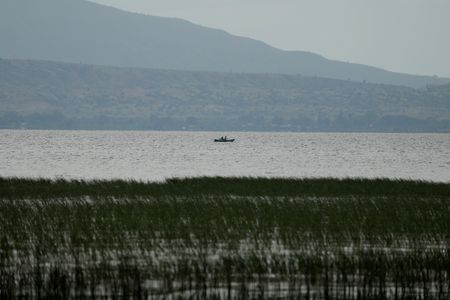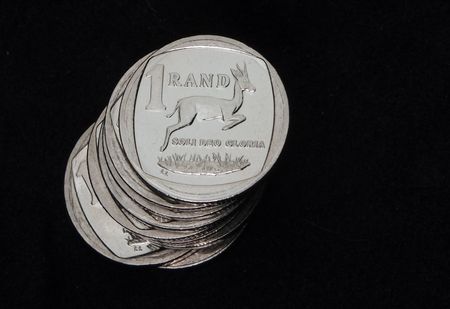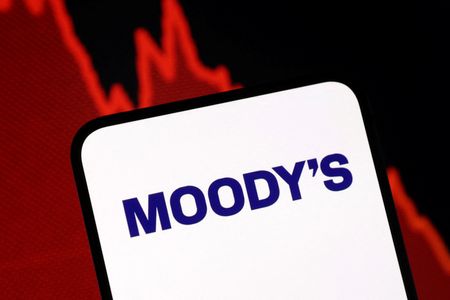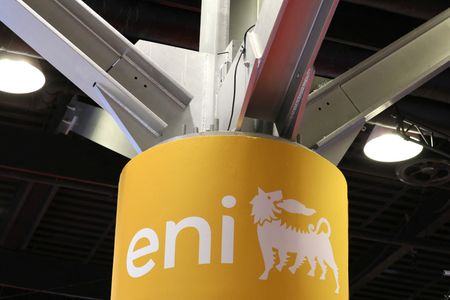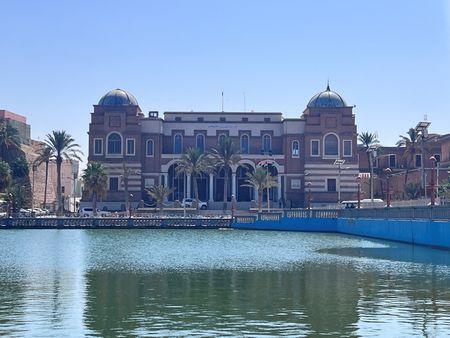WASHINGTON/NAIROBI (Reuters) -A group of Kenyan non-governmental organisations have accused the government of stoking economic inequality and driving up national debt, in a written briefing to the head of the International Monetary Fund.
President William Ruto’s government, which is negotiating a new financial programme with the IMF, has claimed credit for staving off a ruinous default, but citizens complain about high taxes, a drop in incomes and a failure to rein in borrowing.
Ruto’s government, which faced youth-led anti-tax hike protests last year, has increased borrowing and presided over an increase in poverty, the organisations said in the brief handed to the IMF’s Managing Director Kristalina Georgieva on Monday on the sidelines of the IMF and World Bank’s annual meetings in Washington D.C.
“Kenya’s fiscal misgovernance has matured into a multi-dimensional risk system, where macroeconomic fragility, governance decay and social instability reinforce each other,” they wrote.
Chris Kiptoo, the principal secretary at the ministry of finance who is attending the meetings with other officials, told Reuters he could not comment on the briefing since he had not read it.
IMF officials visited Kenya this year to assess corruption and governance issues, technically known as a “governance diagnostic,” and the Fund says it expects to share the findings with the government for review before the end of this year.
Ruto’s government has imposed a series of new taxes for firms and individuals in the last three years, including a housing levy and mandatory contributions to a new national health scheme, arguing the government has to carry out its mandate of transforming the economy.
But the civil society groups, under the umbrella of an organisation called Okoa Uchumi, Swahili for “Rescue the Economy”, accused the government of a pattern of “fiscal capture.”
“Borrowing and spending decisions are used to sustain
political patronage networks rather than advance development priorities,” they said in the brief to the IMF.
They urged the IMF and the World Bank to incorporate demands for better governance in Kenya, not just focus on economic targets, in their assistance programmes.
“Kenya’s fiscal crisis is not a temporary imbalance; it is the cumulative outcome of governance neglect and institutional erosion,” the groups said.
(Reporting by Andea Shalal in Washington DC and Duncan Miriri in Nairobi; Editing by Alexandra Hudson)

